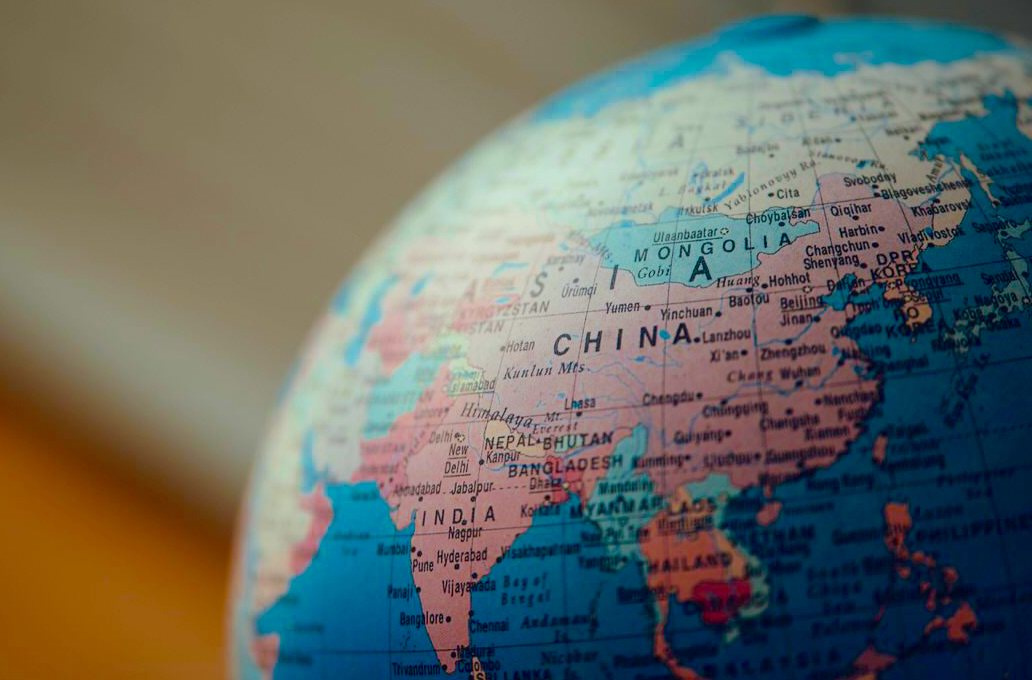Energy and Natural Resources Market Diary (4/24/2010)

Strengths
- China’s copper imports rose for the second-consecutive month in March, up 53 percent from February to 337,125 tonnes.
- China’s coal imports more than doubled from a year ago to 15.2 million tonnes in March.
- China's apparent oil demand in March climbed 12.8 percent from a year ago to 35.25 million tonnes or about 8.12 million barrels per day. However, oil demand fell below the all-time high of 8.5 million barrels per day Platts estimated for February.
- In the International Monetary Fund’s (IMF) latest Economic Outlook report, large investment flows into commodity related assets approached $257 billion in 2009, slightly below the all-time peak set in 2008. Despite these inflows, the IMF stated that there remains little evidence that financial investment has had a significant or sustained impact on commodity prices rising above fundamentals.
- Posco said it will raise steel product prices by as much as 25% starting May 3 to reflect higher costs for iron ore and coal.
- The World Steel Association released March production data, with the sector exhibiting further strong performance in the month. Total crude steel production was 1,418 million tonnes on an annualized basis, up 0.5 percent month-over-month and 30.7 percent compared to a year ago.
Weaknesses
- India's iron ore exports fell by 3 percent year-over-year to 13 million tonnes in February, according to the Federation of Indian Mineral Industries. This was the third-consecutive decline and occurred despite strong demand from China, the main export market for Indian iron ore.
Opportunities
- Ukraine has agreed to new terms for gas supply from Russia, cutting the gas price by 30 percent to $200 per cubic meter in return for economic and political concessions. These include a 25 to 30 year extension for Russia’s Black Sea Fleet to remain in Sevastopol beyond the current 2017 lease expiry.
- China said this past week it had signed a framework financing deal with Venezuela worth about $20 billion. About half of that would be in China's own yuan currency.
- China's tight hold on the world's usable supply of so-called rare-earth elements is posing a challenge for the fledgling green car industry. Carmakers are seeking new supplies outside China and testing scenarios of making the cars without rare earths. Hybrid and electric vehicles need more of these metals than most other types of cars and China supplies 95 percent of the world's rare-earth elements.
Threats
- Eleven people were still missing after an explosion and fire hit Transocean’s Deepwater Horizon rig being operated under lease to BP in the Gulf of Mexico. The offshore drilling unit burned and eventually sank. Transocean’s VP for safety said that the rig had completed cementing and casing of an 18,000 foot exploratory well when there was an abnormal pressure build up and that while the incident resembled a blow-out it was too early to tell.
- The U.S. Commerce Department will make a preliminary decision whether to impose punitive tariffs on aluminum product imports from China only if the International Trade Commission determines that the increase in imports during the years has harmed US manufacturers.
- The National Energy Administration, China’s top energy body, said that China may begin to cut imports of coal in April because of rising global prices. Coal fuels about 80 percent of the country’s power plants and coal demand in the second quarter tends to fall because of lower use of air conditioning.
- Ecuador is preparing a law that will allow it to nationalize operations of oil companies in the country unless they sign contracts aimed at increasing state control over the sector, President Rafael Correa said in an interview this week.












